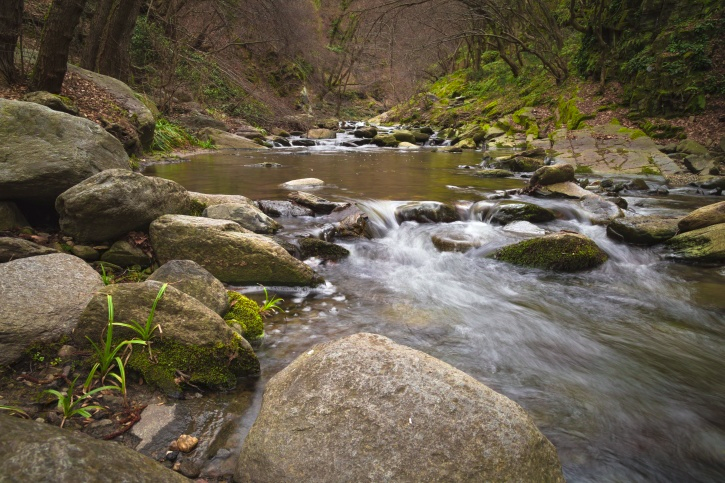Sources of Hope

It is part of human nature that during periods of great uncertainty people turn towards any sources of hope they can find. My various social feeds have filled up with posts promising magic remedies. For example, a recent post promised that mixing three herbs will kill the virus, while another shared an 800 years old bible commentary that stated that having to stay home with our families is a sign of the coming of the messiah. Most religions, and health focus lifestyle movements, seem to want to bolster the hope of its followers by offering these beacons of light. Does this increase or decrease resiliency?
In the short term these messages may lead to a surge in optimism. For a believer, promising a miracle cure, or the second coming, will surely create hope, but as these messages multiply, and fail to deliver the promised benefits, a miasma of depression may set in.
To really find hope in this situation we may benefit from a change in perspective. We are all members of the human race. Over millennia of history humanity as a species overcame much greater challenges than COVID-19. In our personal lives faced challenging situations and over came them. Our own courage and resolve are our best source of hope.
We should be mindful not to succumb to two fallacies:
That we are somehow special and we do not need to worry about the virus. This seems to be the attitude adopted by mainly younger people that do not seem to comply with the social-distancing directive issued by the government. In this situation no one is special. Adopting this attitude is akin to playing Russian Roulette with extra bullets in the pistol chamber. We are all in this together and we must take the most reasonable steps to protect ourselves and more vulnerable people.
The we are going to experience the worst case scenario, personally, and as a society. This fallacy leads to panic, both in our homes, and in other behaviours like panic buying. It is sensible to buy what we need to self-isolate for a few weeks. This is not the siege of Stalingrad. We can reasonably expect to have access to basic food goods for the duration of the crisis.
Avoiding these two fallacies opens the door to transforming the stress and anxiety we may feel to eustress – the scientific term for beneficial stress, the motivating forces that allows us to be prepared and manage difficult situations. Our most valuable asset is our humanity: the love, courage and hope that we carry that are the foundation of our resilience. Whether alone, or with loved ones, it is our duty to become our own source of hope.
